The AAVMC has announced the recipients of four awards that recognize professional excellence, achievement and service in academic veterinary medicine. The professional awards, as well as a student scholarship award, will be presented during the AAVMC’s 2022 Annual Conference and Iverson Bell Symposium, which will be held both in-person and virtually March 3-5, 2022.
“The AAVMC is proud to recognize these outstanding individuals,” said AAVMC Chief Executive Officer Dr. Andrew T. Maccabe. “Their contributions inspire colleagues, provide a model for future generations of veterinarians and elevate the overall excellence of our member institutions. We look forward to honoring them during our 2022 annual conference.”
The award winners are:
- Dr. Erin Malone from the University of Minnesota College of Veterinary Medicine (MSU-CVM), is the recipient of the 2021 AAVMC Distinguished Veterinary Teacher Award, presented by Zoetis.
- Dr. Barry T. Rouse, from the University of Tennessee College of Veterinary Medicine (UT-CVM) is the recipient of the 2022 AAVMC Excellence in Research Award. The award is sponsored by Elanco.
- Dr. Lorrie Gaschen from the Louisiana State University School of Veterinary Medicine (LSU-SVM) is the recipient of the 2022 Iverson Bell Award. The award is sponsored by Banfield.
- Dr. Daryl D. Buss, formerly of the University of Wisconsin School of Veterinary Medicine (UW-SVM) and retired editor of the Journal of Veterinary Medical Education (JVME), is the recipient of the 2022 AAVMC Billy E. Hooper Award for Distinguished Service. The award is sponsored by the AAVMC.
Mr. Ron Orchard, a student at the Kansas State University College of Veterinary Medicine (KSU-CVM), is the recipient of the Patricia M. Lowrie Diversity Leadership Scholarship.
The AAVMC Distinguished Veterinary Teacher Award, presented by Zoetis, is considered one of the most prestigious teaching awards in international academic veterinary medicine. It recognizes excellence in professional veterinary medical education and is presented to an educator whose sustained record of teaching excellence and ability, dedication, character and leadership has contributed significantly to the advancement of the profession.
Dr. Erin Malone
Dr. Malone is a professor in the Department of Veterinary Population Medicine, interim associate dean of academic and student affairs and the assistant dean of curriculum at the UMN-CVM. A board-certified large animal surgeon and researcher, she has taught at UMN-CVM since the 1990s, where she champions interactive, team-based learning to better equip students to transition from the classroom to clinical practice. Dr. Malone is the winner of numerous teaching and faculty awards and grants. She takes an evidence-based approach to teaching and learning, using proven techniques drawn from brain science to make learning more memorable and fun, as well as more effective. She has particular interest in how the brain learns the psychomotor skills required for successful clinical practice. Dr. Malone also worked closely with both the student and national American Veterinary Medical Association (AVMA) to increase awareness of the importance of student and mental health wellbeing resources.
The AAVMC Excellence in Research Award designates the outstanding veterinary medical researcher of the year, as selected by a committee of peers. The AAVMC Board of Directors established the annual research award in 2010 to recognize outstanding research and scholarly achievements in the field of veterinary medicine. It recognizes an individual who, over the course of his or her career, has demonstrated excellence in original research, leadership in the scientific community, and mentoring of trainees and colleagues in any discipline of veterinary medicine.
Dr. Barry T. Rouse
UT Distinguished Professor Dr. Rouse is a renowned researcher in the fields of viral immunology and immunopathology, primarily studying the herpes simplex virus (HSV) and how HSV can cause critical eye and nervous system tissue damage, with a view towards the development of therapeutics and vaccines. He has received National Institute of Health (NIH) funding for more than four decades, with breakthroughs that include increasing understanding of how a particularly important subset of T lymphocytes and T-regulatory cells in general contribute to viral disease. He has also identified new potential interventions to treat or prevent development of HSV-caused blindness, developed tools to measure HSV immunity, and pioneered the application of DNA vaccination to HSV infection. Currently, his research is exploring the value of manipulating metabolic pathways to change the outcome of viral diseases.
The Iverson Bell Award recognizes outstanding leadership and contributions in promoting opportunities for under-represented minorities in veterinary medical education.
Dr. Lori Gaschen
Dr. Gaschen is a professor of diagnostic imaging and past associate dean for diversity and faculty affairs at LSU-SVM, where she created the Office of Diversity, Equity, and Inclusion (DEI). Her work included introducing school-wide DEI workshops and trainings and integrating culture competency training into the veterinary student curriculum. Dr. Gaschen’s DEI office, along with the Office of Student Affairs and Admissions, established relationships with surrounding historically Black colleges and universities to promote underrepresented minority (URM) recruitment. She was instrumental in creating two scholarships for URM veterinary students that covered in-state tuition, plus an additional $15,000. Dr. Gaschen advised student affinity group organization and helped to create the first student association of black veterinarians at LSU. Due to these and other efforts, the School of Veterinary Medicine was able to increase student diversity from seven to 30 percent within four years. URM students comprise 28 percent of the class that will graduate in 2024 and include the highest total number of African American students admitted to a class in the school’s history.
The AAVMC Billy E. Hooper Award for Distinguished Service is presented by the AAVMC to an individual whose leadership and vision has made a significant contribution to academic veterinary medicine and the veterinary profession.
Dr. Daryl Buss
Dr. Buss’ more than 50-year career has included clinical practice, teaching, leadership of academic institutions and the AAVMC, and ultimately, Editor-in-Chief (EIC) of the AAVMC’S Journal of Veterinary Medical Education (JVME). He served for 17 years as the dean of the University of Wisconsin School of Veterinary Medicine, where he was also a faculty member in the Department of Comparative Biosciences and continued to teach cardiovascular physiology, his specialty, to veterinary medical students. Under his leadership as EIC, JVME expanded in scope and international outreach and made the transition from a purely print journal to a print/digital hybrid model.
The Patricia M. Lowrie Diversity Leadership Scholarship recognizes veterinary students who have demonstrated exemplary promise as future leaders and have made significant contributions to enhancing diversity and inclusion in academic veterinary medicine. The $6,000 Lowrie scholarship honors individuals who have been consistent champions of addressing inequities and under-representation in the veterinary profession, have advocated for social justice, and, who have advanced valuing diversity and inclusion at AAVMC member institutions.
Mr. Ron Orchard
Mr. Orchard is a 4th year, dual-degree DVM/MPH student at KSU-CVM, who recently completed his MPH degree. Mr. Orchard worked extensively as a veterinary technician before entering veterinary medical school. He is a certified animal welfare administrator who completed forensic training to detect animal cruelty, as well as training in disaster response, and foreign animal disease recognition. In 2018, he received a Certificate in Organizing Social Change from the Midwest Academy, and in July 2021, he completed the Certificate for Diversity & Inclusion in Veterinary Medicine from the Purdue University College of Veterinary Medicine, with an eye toward working to increase diversity and inclusion in veterinary medicine. Whether mentoring students or advocating for homeless pets, he has volunteered countless hours supporting efforts to provide free preventive veterinary care to vulnerable community members and at-risk animals.




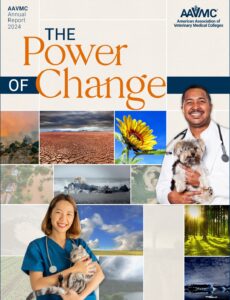

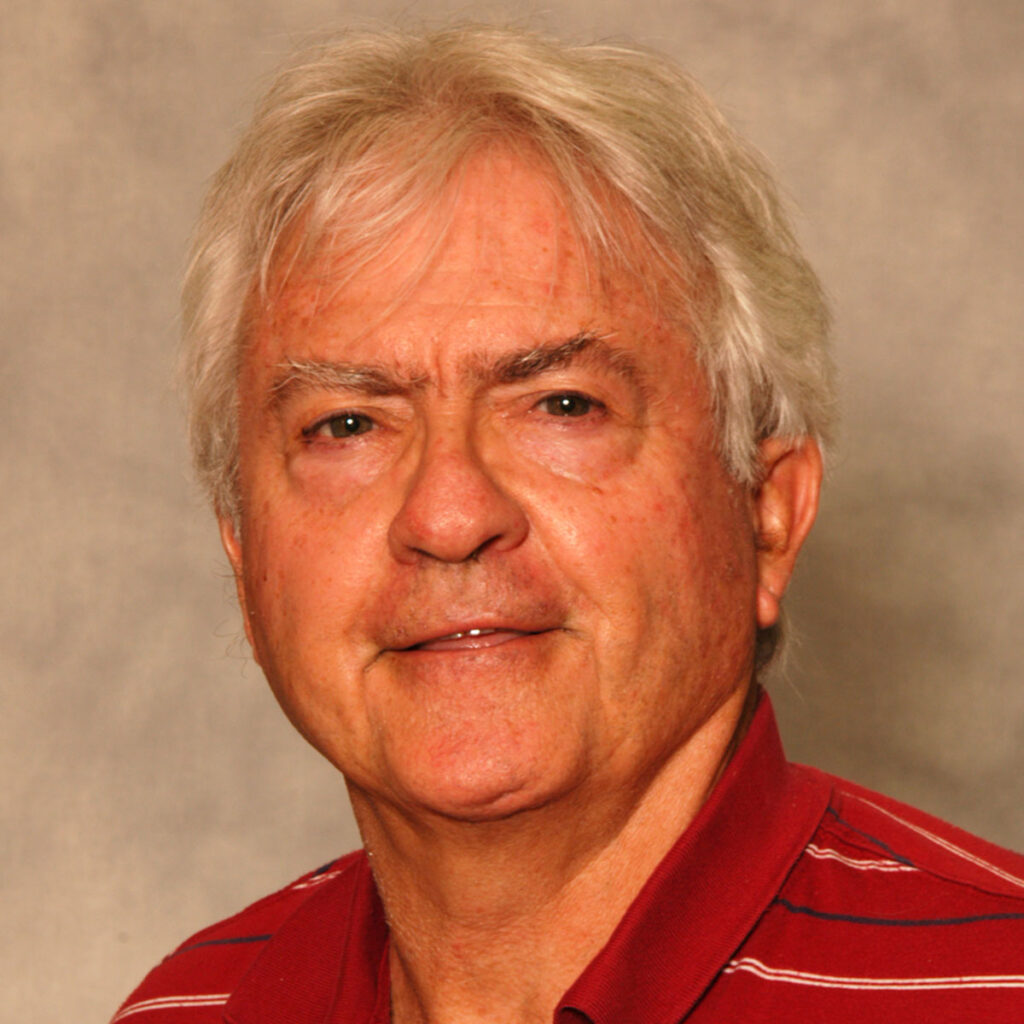
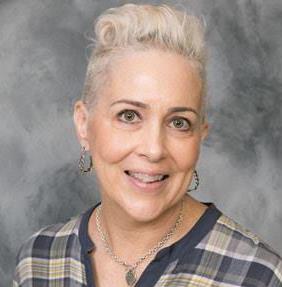
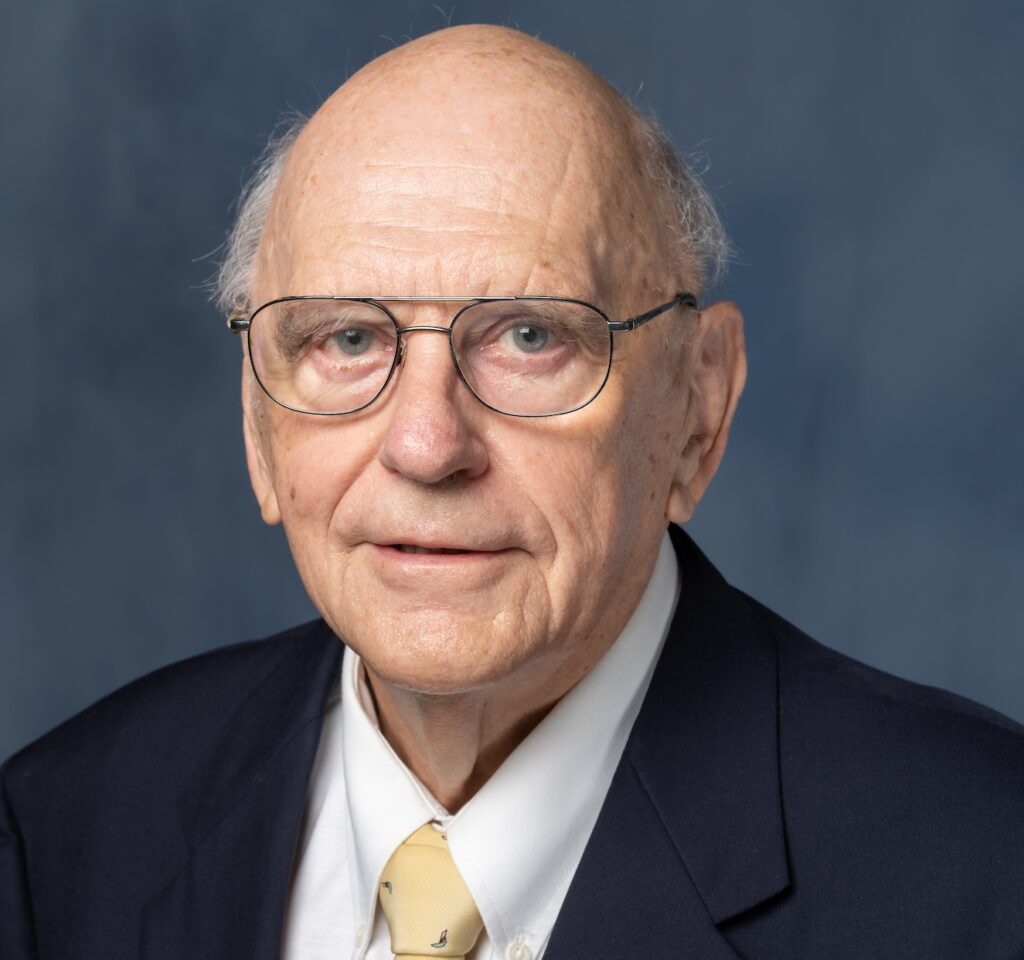
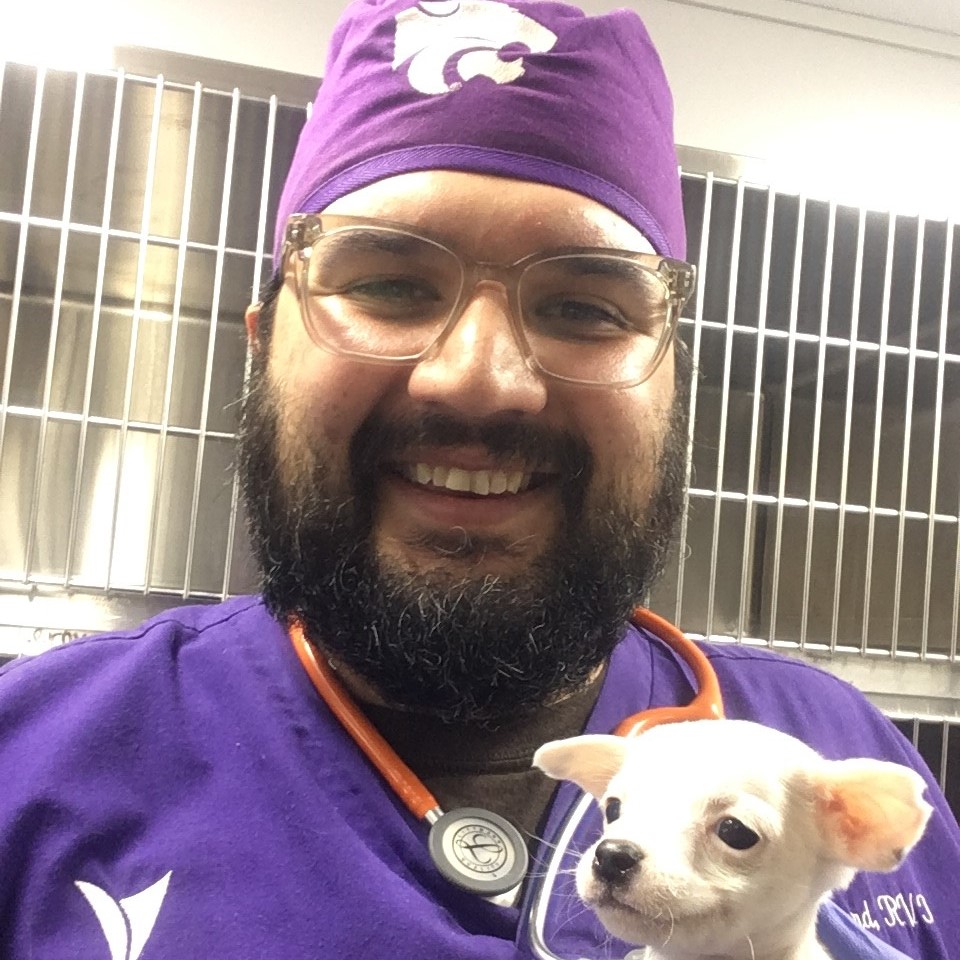
SHARE